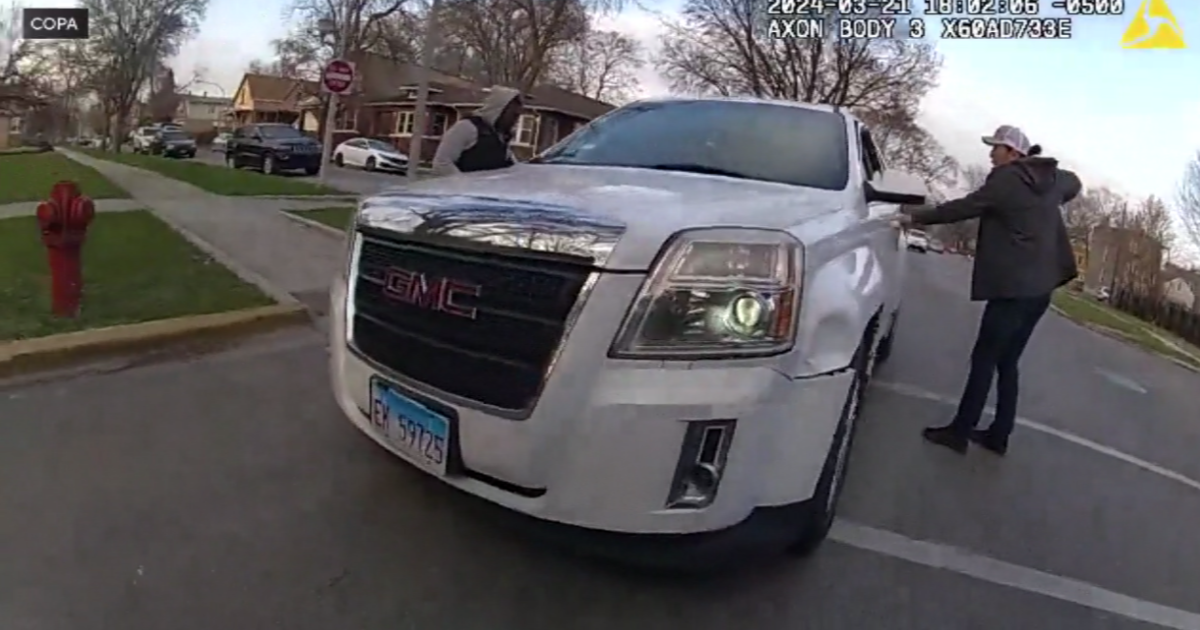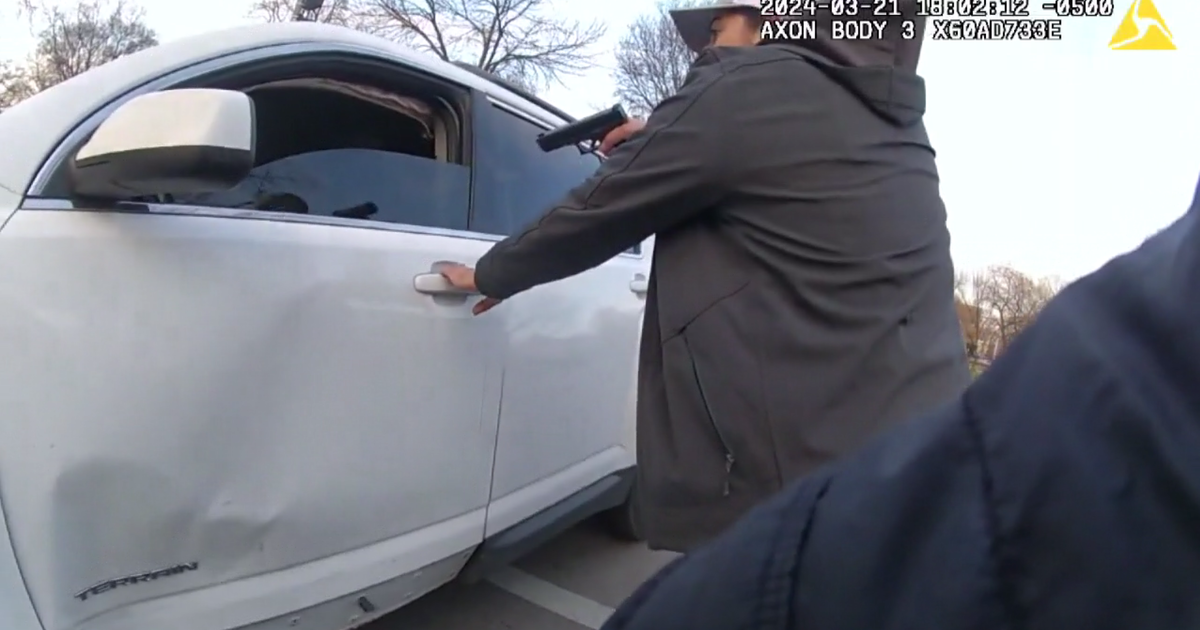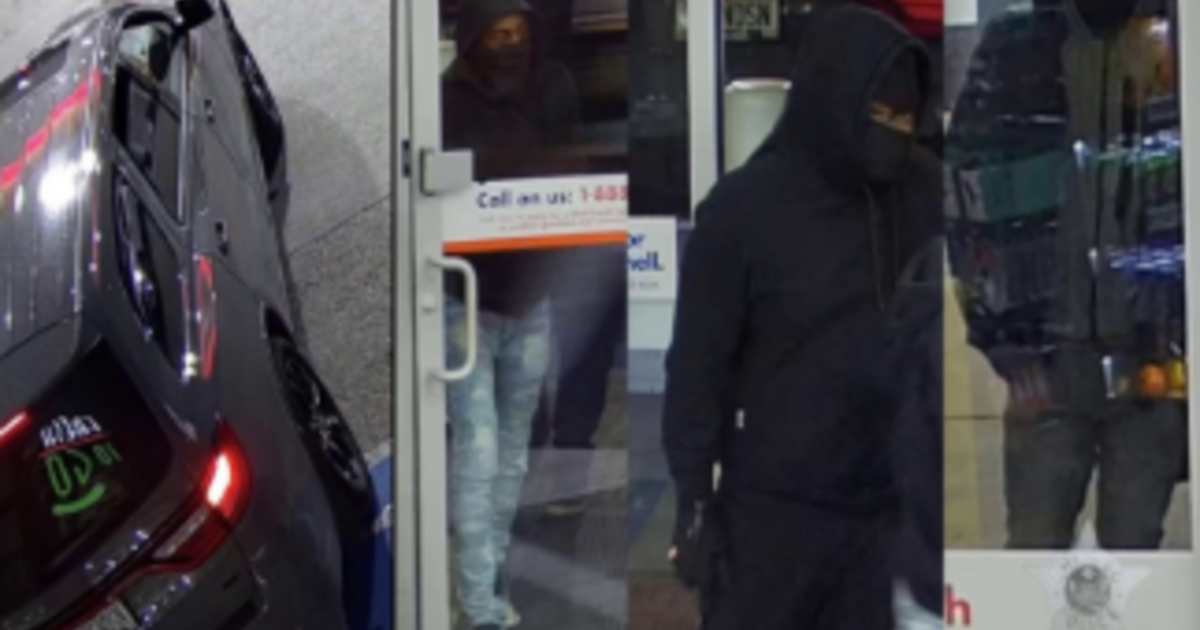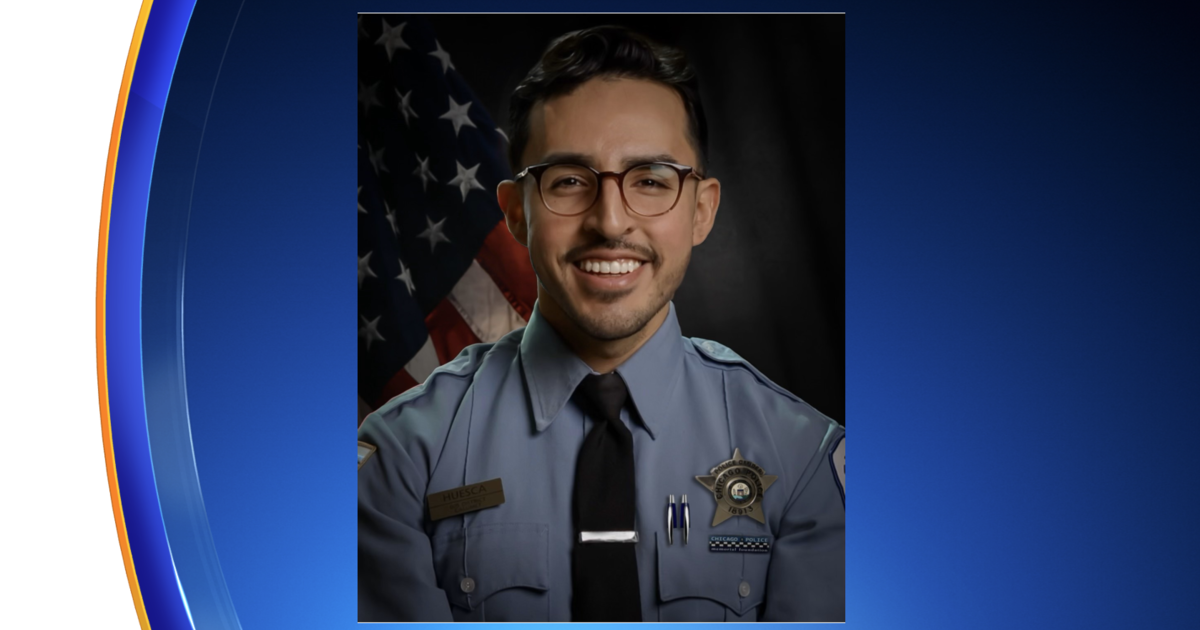Hailed As National Leader 5 Years Ago After Deadly Ambush On Dallas Cops, David Brown Now Under Fire For Handling Of Chicago Crime As City's Top Cop
CHICAGO (CBS) -- Five years ago this week, when he was still the police chief in Dallas, David Brown was thrust into the national spotlight when a sniper killed five police officers in an ambush.
Brown was hailed as a hero and a national leader for his response to the attack, but five years later he's facing calls from some aldermen in Chicago to resign as the Chicago Police Superintendent, in the face of a continued increase in shootings and homicides.
It was July 7, 2016, when a lone gunman, Micah Xavier Johnson, who was angry about a string of fatal police shootings involving black men, ambushed and fired upon a group of police officers in Dallas, Texas, killing five officers and wounding seven. The officers were guarding a peaceful demonstration against police killings in Louisiana and Minnesota. During the hours-long standoff, the gunman informed them he was targeting white officers.
Brown faced both praise and criticism for his decision to order a SWAT team to use a bomb-carrying robot to kill the sniper. The move generated some controversy, raising questions about why he essentially decided to execute the sniper, rather than wait him out and continue negotiations.
However, Brown said, the sniper never stopped shooting at police even while they were trying to negotiate a peaceful surrender. He also noted the sniper killed the fifth officer during those negotiations.
Days after the sniper attack, Brown spoke frankly about everything officers have to deal with on a daily basis, saying it can be overwhelming at times.
"We're asking cops to do too much in this country," said Brown. "Every societal failure, we put it off on the cops to solve."
He listed mental health, drug addiction, loose dogs, failing schools as problems the public expects "cops to solve."
Brown retired as the Dallas Police Chief three months after the sniper attack. Last year, Mayor Lori Lightfoot tapped him as Chicago's new top cop, appointing him as Chicago Police Superintendent.
At the time, Brown's appointment was highly praised, due to his efforts to improve relations between police and minority residents while he was in Dallas. He was also lauded for emphasizing de-escalation tactics, increasing the use of police body cameras and dashboard cameras, focusing on community policing initiatives, increasing diversity in the ranks, and publishing never-before-released data on police use of force.
But his tenure in Chicago has been a rocky one. He took command of CPD in the midst of a pandemic in 2020, and as shootings and murders in Chicago surged 50% over the year before.
Shootings this year are up even more than 2020, and murders are on pace to match or surpass last year, but Brown and Lightfoot have said the increase in shootings and murders has started to drop off in recent months.
Brown repeatedly has clashed with aldermen over CPD's handling of the stubbornly high rates of violent crime.
Last week, a group of 19 aldermen called a special City Council meeting, demanding Brown publicly discuss the city's plans for addressing summer violence.
As he has done many times since becoming the city's top cop, Brown blamed the court system, in particular taking aim at judges for allowing many people charged with violent crimes to be released on electronic monitoring.
But several aldermen have accused Brown of perpetuating a "false narrative" in pointing the finger at the court system, noting a Loyola University study found only 3% of defendants released on bond committed another crime while out on bail, suggesting the increased reliance on electronic monitoring hasn't resulted in an uptick in violent crime.
The superintendent has disputed that study, and claimed without evidence that other studies have disputed Loyola's findings. However, Brown has yet to provide any specific data showing a link between releasing people on electronic monitoring and the rise in violent crime, pointing only to anecdotal evidence of a handful of cases.
Brown also has faced intense criticism of CPD's handling of widespread looting and civil unrest last summer in the wake of the Minneapolis police killing of George Floyd.
A scathing report from Inspector General Joseph Ferguson's office in February found the Chicago Police Department was "outflanked, under-equipped, and unprepared" during last summer's civil unrest.
That report concluded there was virtually no plan in place to handle the widespread civil unrest that spread from downtown to the neighborhoods in late May and early June of 2020.
However, Lightfoot has said CPD has learned from what happened last summer, and said she has "a thousand percent confidence" in Brown's leadership of the department.
Ald. Raymond Lopez (15th), one of Brown's and Lightfoot's harshest critics, has said several times that Brown should resign or be fired over his handling of CPD.
Lopez has repeatedly accused Brown and Lightfoot of focusing on protecting downtown last year, at the cost of the neighborhoods, by taking cops off their district beats and deploying them at stationary posts downtown.
But the mayor repeatedly has stood by the superintendent.
"I don't think anything that comes out of Alderman Lopez's mouth is really worth my time or consideration," Lightfoot said just last week.
In a tweet responding to the mayor's dig, Lopez said he would ultimately be proven right.
"I remember when she accused me of "preening" a year ago when I was pleading for our neighborhoods and the people in them. I was right then because I spoke the truth. And, in this moment, I will again be proven right after she has long become a footnote in Chicago history," Lopez wrote.



